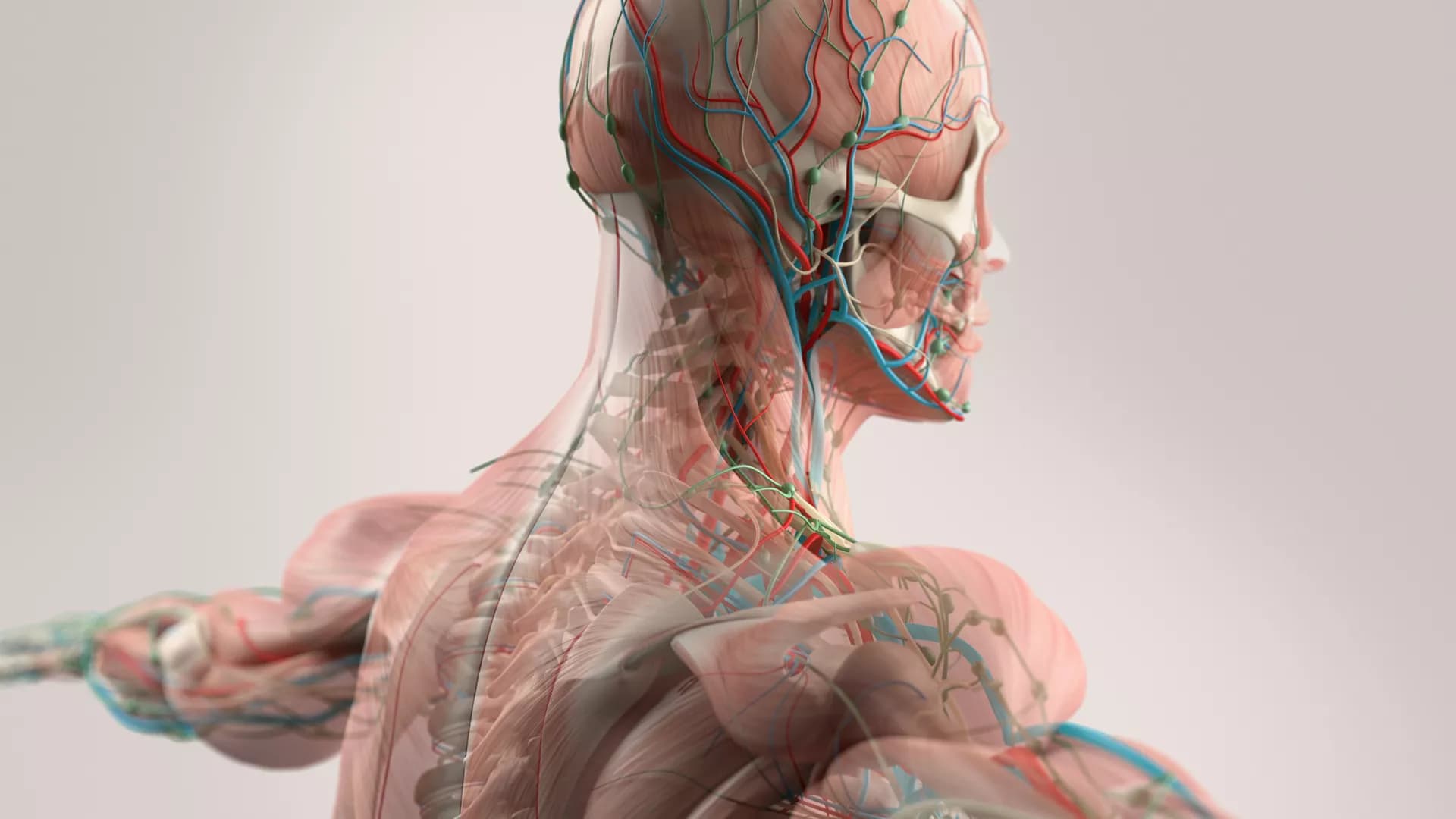Introduction: Cooling by cardiopulmonary bypass (CPB) to deep hypothermic cardiac arrest (HCA) for cardiac surgical interventions, followed by CPB-rewarming is performed on a routine basis with relatively low mortality. In contrast, victims of deep accidental hypothermia rewarmed with CPB generally have a much worse prognosis. Thus, we have developed an intact pig model to compare effects on perfusion pressures and global oxygen delivery (DO2) during immersion cooling versus cooling by CPB. Further, we compared the effects of CPB-rewarming between groups, to restitute cardiovascular function, brain blood flow, and brain metabolism.
Materials and Methods: Total sixteen healthy, anesthetized juvenile (2–3 months) castrated male pigs were randomized in a prospective, open placebo-controlled experimental study to immersion cooling (IMMc, n = 8), or cooling by CPB (CPBc, n = 8). After 75 minutes of deep HCA in both groups, pigs were rewarmed by CPB. After weaning from CPB surviving animals were observed for 2 h before euthanasia.
Results: Survival rates at 2 h after completed rewarming were 4 out of 8 in the IMMc group, and 8 out of 8 in the CPBc group. Compared with the CPBc-group, IMMc animals showed significant reduction in DO2, mean arterial pressure (MAP), cerebral perfusion pressure, and blood flow during cooling below 25°C as well as after weaning from CPB after rewarming. After rewarming, brain blood flow returned to control in CPBc animals only, and brain micro dialysate-data showed a significantly increase in the lactate/pyruvate ratio in IMMc vs. CPBc animals.
Conclusion: Our data indicate that, although global O2 consumption was independent of DO2, regional ischemic damage may have taken place during cooling in the brain of IMMc animals below 25°C. The need for prolonged extracorporeal membrane oxygenation (ECMO) should be considered in all victims of accidental hypothermic arrest that cannot be weaned from CPB immediately after rewarming.
Frontiers in Physiology
Physiological and Pathological Responses to Hypoxia and High Altitude, Volume III





